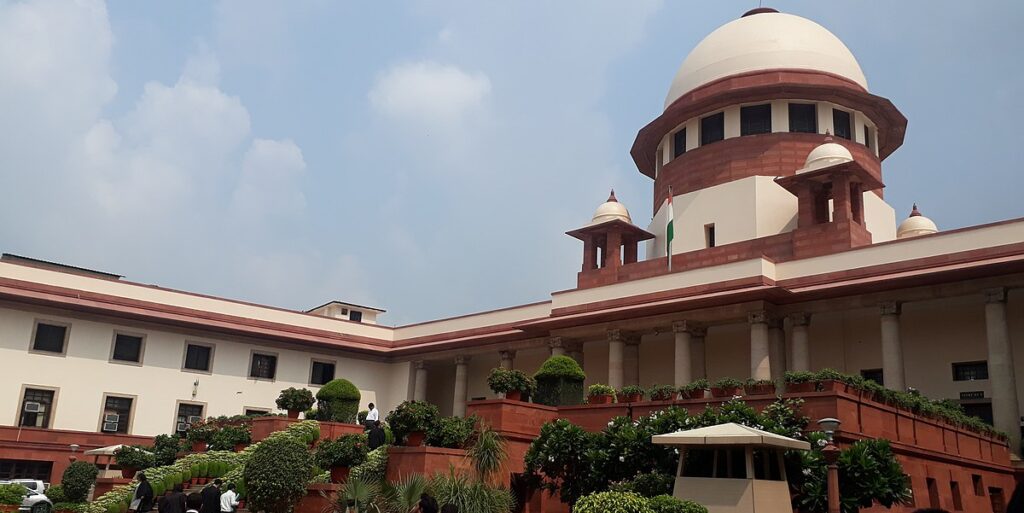The Supreme Court’s decision to forego a retest in light of the inconvenience it would give to 24 lakh applicants is sensible, but it also sheds light on more fundamental problems with our testing and educational systems.
Although it offers some short-term respite, Chief Justice DY Chandrachud’s statement that the disclosures did not represent a “systemic breach” does little to address the fundamental flaws. According to the information provided by the National Testing Agency (NTA) and IIT-Delhi, the Hazaribagh and Patna leaks cast doubt on the validity of a test that is essential for those hoping to become medical practitioners.

Source: Deccan Hearld
The court’s reliance on the NTA to handle the cases of the impacted pupils is indicative of a band-aid rather than a long-term fix. The discontinuation of the UGC-NET in June is even more concerning. While safeguarding the interests of the students, the Ministry of Education’s suo motu decision, which was based on confidential input from the Union Home Ministry, reveals the weakness in our testing system.
The student body is more distrustful and anxious as a result of the lack of clarity surrounding the precise nature of the compromise.These events necessitate a thorough revision of the inspection and testing protocol. The suggestion by Education Minister Dharmendra Pradhan to form a high-level group to examine the NTA’s organisational structure is a positive move.
Source: India Today
But this needs to be combined with strong policies to improve accountability, transparency, and security. The repeated exam scandals have an impact on young applicants’ futures as well as the reputation of educational institutions. Maintaining the integrity of exams is essential in a nation trying to capitalise on its demographic dividend. Reforms must be given top priority by the government in order to boost youth aspirations and rebuild public confidence in the system.
What do you think about this? Comment below.

